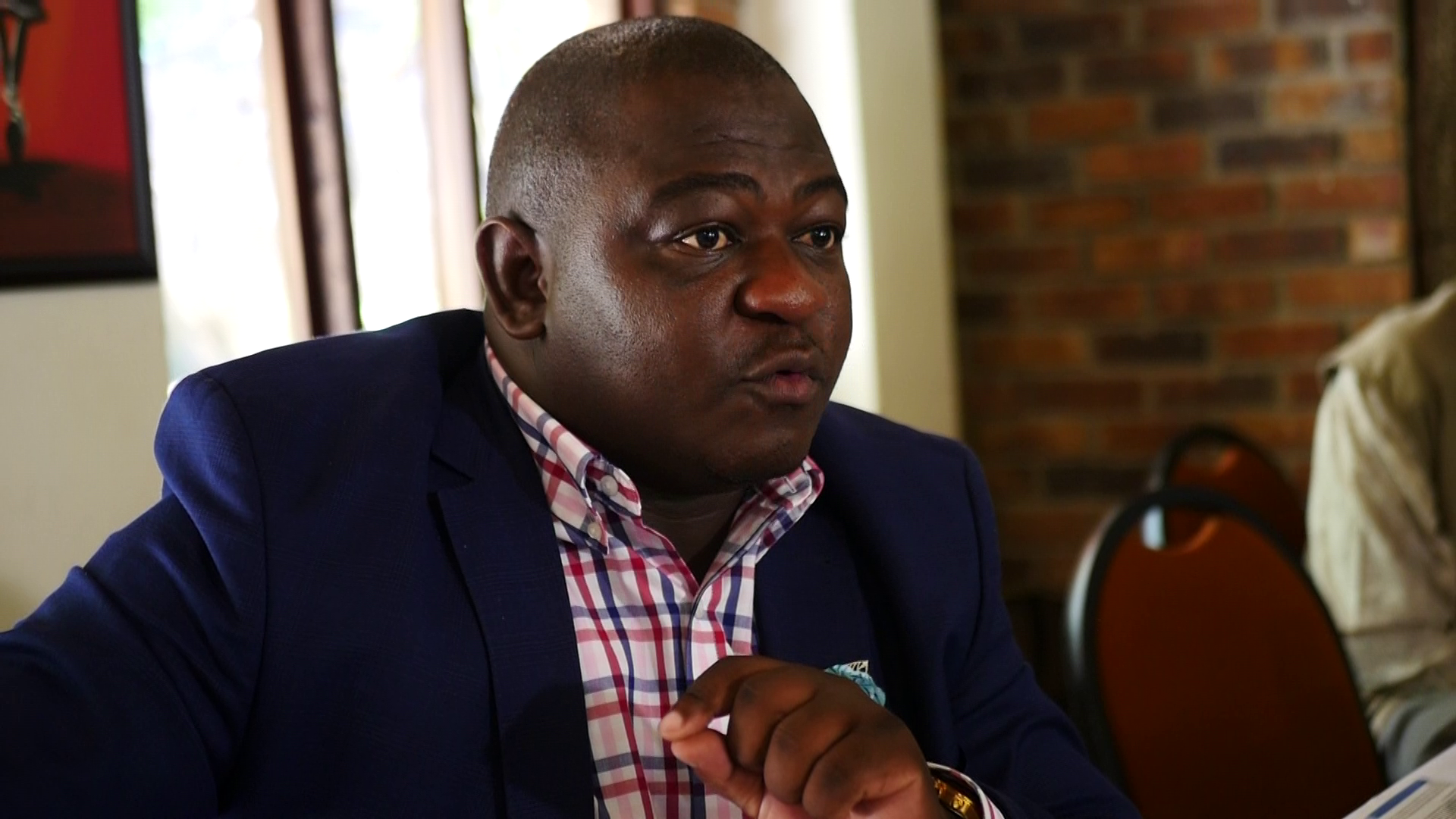Bulawayo residents have lobbied the National Peace and Reconciliation Commission (NPRC) to ensure the safety of victims when they are to conduct public hearings on the Gukurahundi atrocities.
NPRC is yet to start public hearings on the 1980s genocide with surviving victims expected to give testimonies of what transpired will give witness on what transpired during the Genocide.
The atrocities carried out by the North Korean trained Fifth Brigade were inflicted on people in Matabeleland and Midlands between 1982 and 1987, where an estimated 20 000 people, mainly civilians, were killed.
Speaking during a multi-stakeholder meeting in Bulawayo, Friday, participants said the commission should protect those who would speak during public hearings from arrests by members of the state security.
“I don’t see the commission protecting victims. I am an ex detainee and l witnessed this. During the liberation, we used to get arrested and the court would set us free but when you step out of the court, the special unit would pick you up,” said Luke Ncube, a participant.
One participant concurred saying the state has always been arresting witnesses hence there need for protection from NPRC.
“There is Black Jesus out there. People will give out all information but where will that information go? The state has butchered its own citizens so NPRC should protect them”.
Last year during the Motlanthe Commission, one witness who accused President Emmerson Mnangagwa of killing his parents during the 1980s genocide was arrested and appeared in court.
In response, NPRC commissioner Leslie Moyo said the commission would make sure that there is confidentiality in all the information that would have been brought forward by the victims.
“We will ensure issues of confidentiality, inclusivity, transparency, ubuntu as well as victim centered which are our key values as the Commission,” said Ncube.
NPRC is also setting up provincial peace committees countrywide to deal with past conflicts peculiar to their areas, and also facilitate peace-building processes.
“Next week, we are formulating provincial peace committees for Bulawayo and we are going to engage locals, we are not exporting anyone,” highlighted Ncube.
This happens at a time when President Mnangagwa who was the state security minister during the genocide has encouraged people to freely discuss about the genocide, a marked departure from his predecessor President Robert Mugabe who clamped down on any talk or event to mark the genocide.

